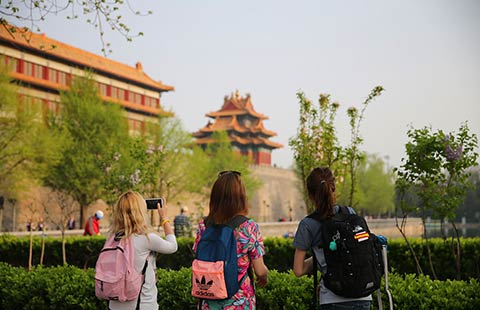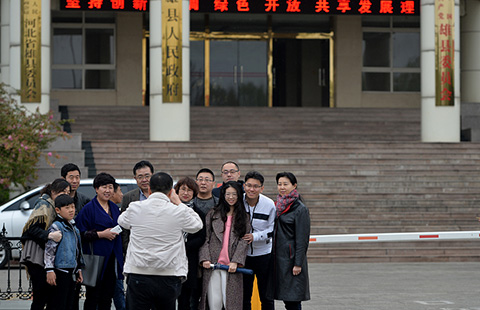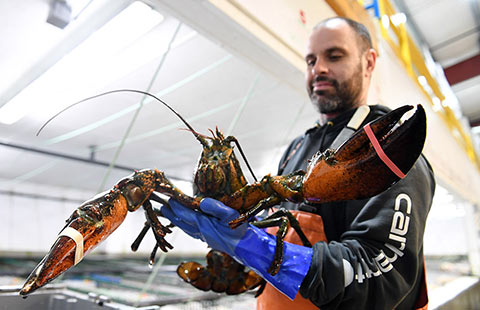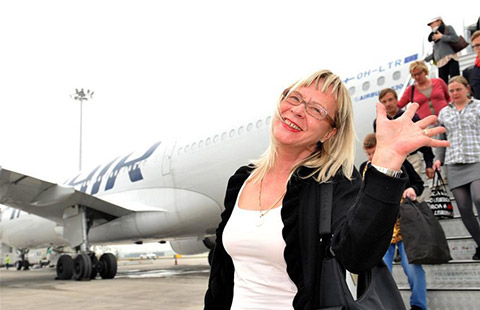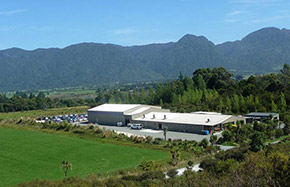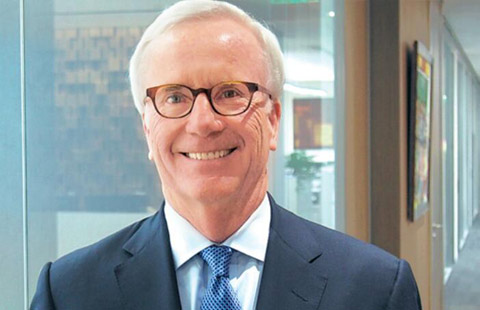China ready to free capital flows?
As big companies get funding directly from selling bonds, state-owned banks will more likely lend money to medium-sized and small enterprises, which are cash-strapped.
Sheng and his colleagues at the central bank noted in another study published last year that deregulation of interest and currency exchange rates can be coordinated with the yuan's internationalization and the relaxation of capital controls.
"Whenever opportunity for any aspect of reform becomes ripe, we must carry it forward," the paper said.
China has been pushing the yuan out of its borders with equities worth more than 900 billon yuan ($146.5 billion) traded offshore. So far, China has signed currency swap agreements with more than 20 countries, which totaled 1.7 trillion yuan.
It also doubled the yuan's trading band against the US dollar to 1 percent from the middle of 2012. Yuan's unilateral appreciation has also ended, as the currency entered to a state which China's foreign exchange chief Yi Gang called "equilibrium."
Chinese central bank officials, however, repeatedly said the country will not completely give up its capital control.
"China opens its capital account with some reserve," Yao, the Societe Generale economist said.
"China's capital regulation will not be as relaxed as Singapore's or Hong Kong's. In several years, the degree of openness may be close to that of the Republic of Korea," Yao added.





